Best places for stargazing in the UK
Explore the wonders of the cosmos from these dark-sky locations across Britain
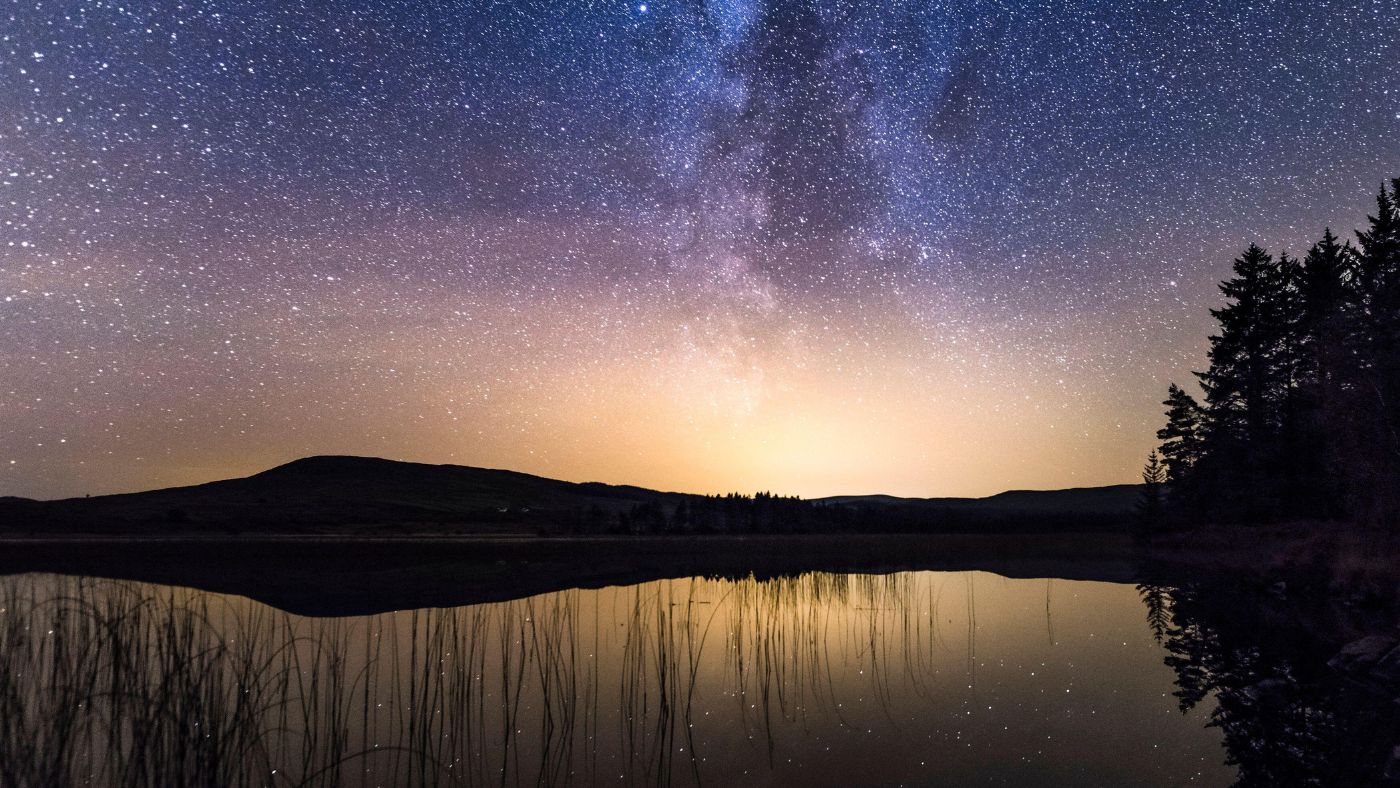
A free daily email with the biggest news stories of the day – and the best features from TheWeek.com
You are now subscribed
Your newsletter sign-up was successful
After the sun sets "British skies dazzle" and if you seek out a dark sky location "the lack of light pollution can help stargazing enthusiasts feel that bit closer to the universe".
Whether you "take a winter stomp across freezing moors" or a "late-night summer drive up to a remote hilltop", said National Geographic, you can find a "sky full of stars with distant planets glittering overhead". And you won't always need a telescope.
It is thought we can see around 9,000 stars from Earth, so with half the sky available to us at any one time that means there are 4,500 twinkling attractions to see. Here we highlight some of the UK's best stargazing spots for a night out with a difference.
The Week
Escape your echo chamber. Get the facts behind the news, plus analysis from multiple perspectives.

Sign up for The Week's Free Newsletters
From our morning news briefing to a weekly Good News Newsletter, get the best of The Week delivered directly to your inbox.
From our morning news briefing to a weekly Good News Newsletter, get the best of The Week delivered directly to your inbox.
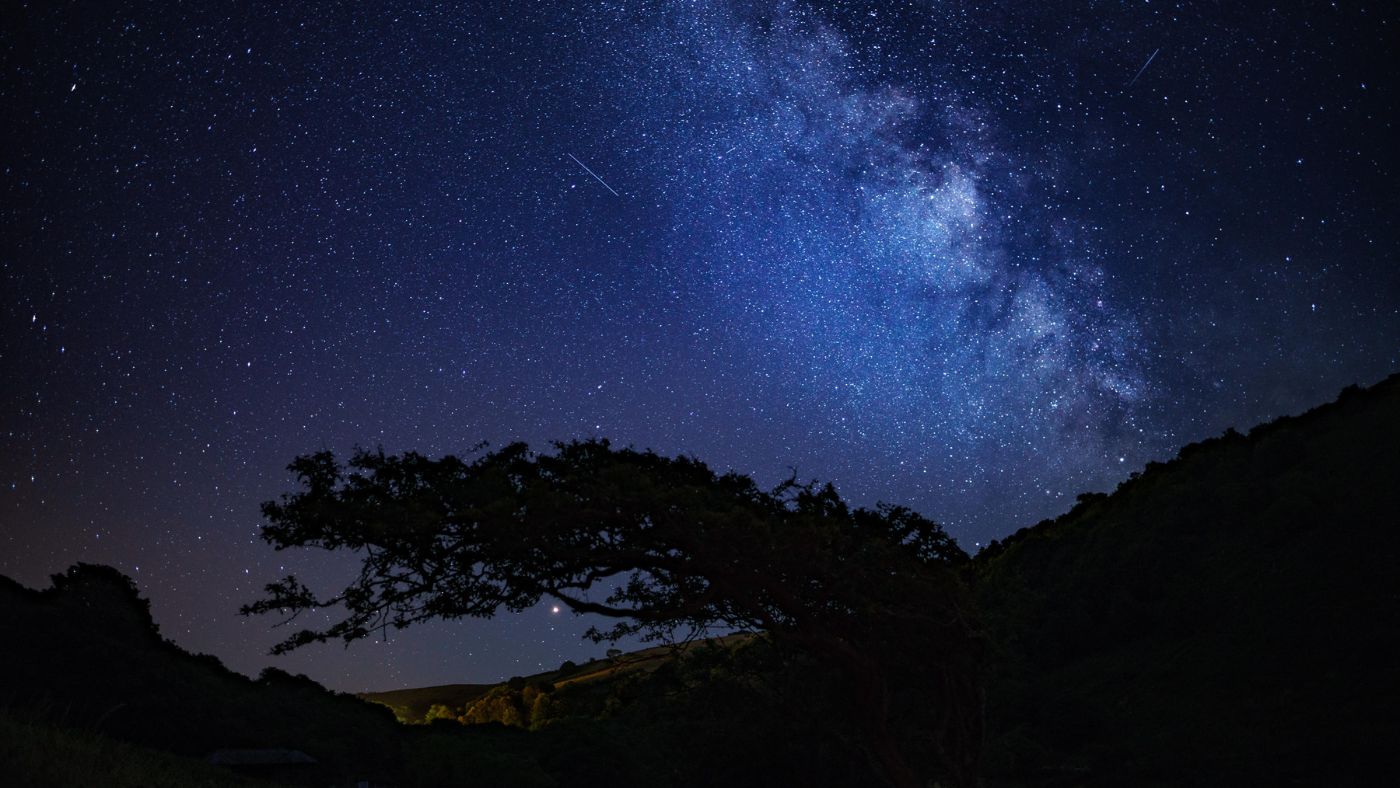
Official dark sky places in the UK
The International Dark-Sky Association has five types of dark sky locations, which are certified according to different standards and criteria: dark sky sanctuaries, dark sky reserves, dark sky parks, dark sky communities and urban night sky places.
In the UK, there are many dark sky reserves, parks and communities that make an ideal spot for a stargazing trip. Scotland's Galloway Forest Park was recently "crowned the top stargazing spot in the entire world (according to the people at Stress Free Car Rental)", said Time Out. The very few residents there means very little light pollution. Visitors can "see over 7,000 stars and planets" here "when conditions are at their best".
However, one of the world's "top stargazing spots" is just 90 minutes from London, said Time Out. Since it was appointed a dark sky reserve in 2016, the South Downs National Park has welcomed "would-be astronomers" who "come a-calling to gawk at those big skies". To ensure "cosmic views", plan a trip "before a full moon".
With 66% of the park having "bronze-level skies", said The Guardian, this means the Milky Way and Andromeda galaxy can be seen. Its seven "stargazing hotspots" are Winchester Science Centre and Planetarium, Old Winchester Hill, Butser Hill, Iping Common, Devil's Dyke, Ditchling Beacon and Birling Gap.
A free daily email with the biggest news stories of the day – and the best features from TheWeek.com
The South Downs dark sky reserve is officially called "Moore's Reserve" in honour of astronomer Sir Patrick Moore, who presented "The Sky at Night" on the BBC from 1957 to 2012.
Further north, the North York Moors National Park has no fewer than three dark sky discovery sites – Sutton Bank National Park Centre, The Moors National Park Centre and Dalby Forest, said Rest Less, "where the Milky Way can be seen with the naked eye and up to 2,000 stars are visible".
Northumberland National Park and Kielder Water & Forest Park have been awarded gold-tier designation by the International Dark Sky Association, because "the entire array of visible sky phenomena can be seen with the naked eye", said Rest Less. On a clear night, you can see the Milky Way and even the Andromeda Galaxy (which is a staggering 2.5 million light years away).
Sanctuaries
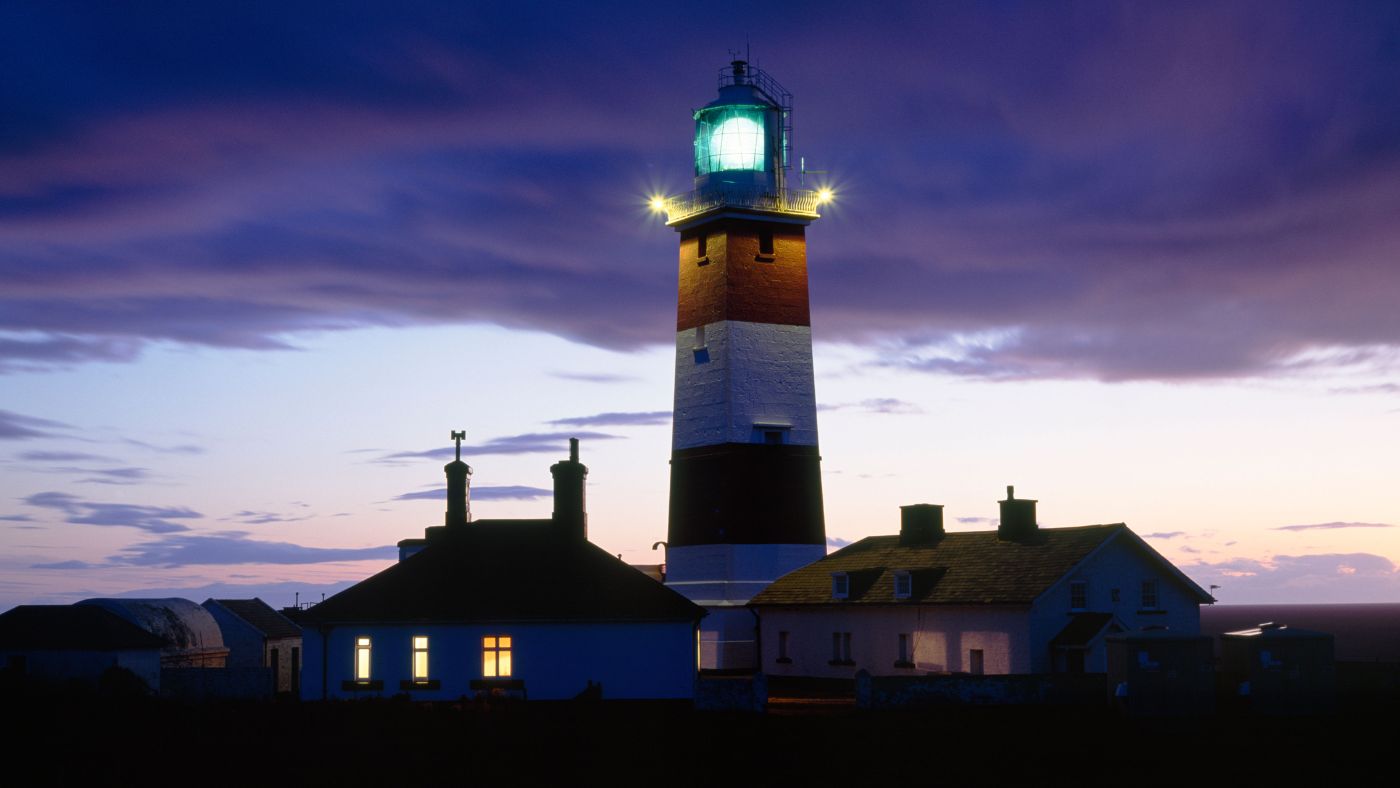
• Ynys Enlli (Bardsey Island), Wales: Europe's first dark sky sanctuary
Reserves
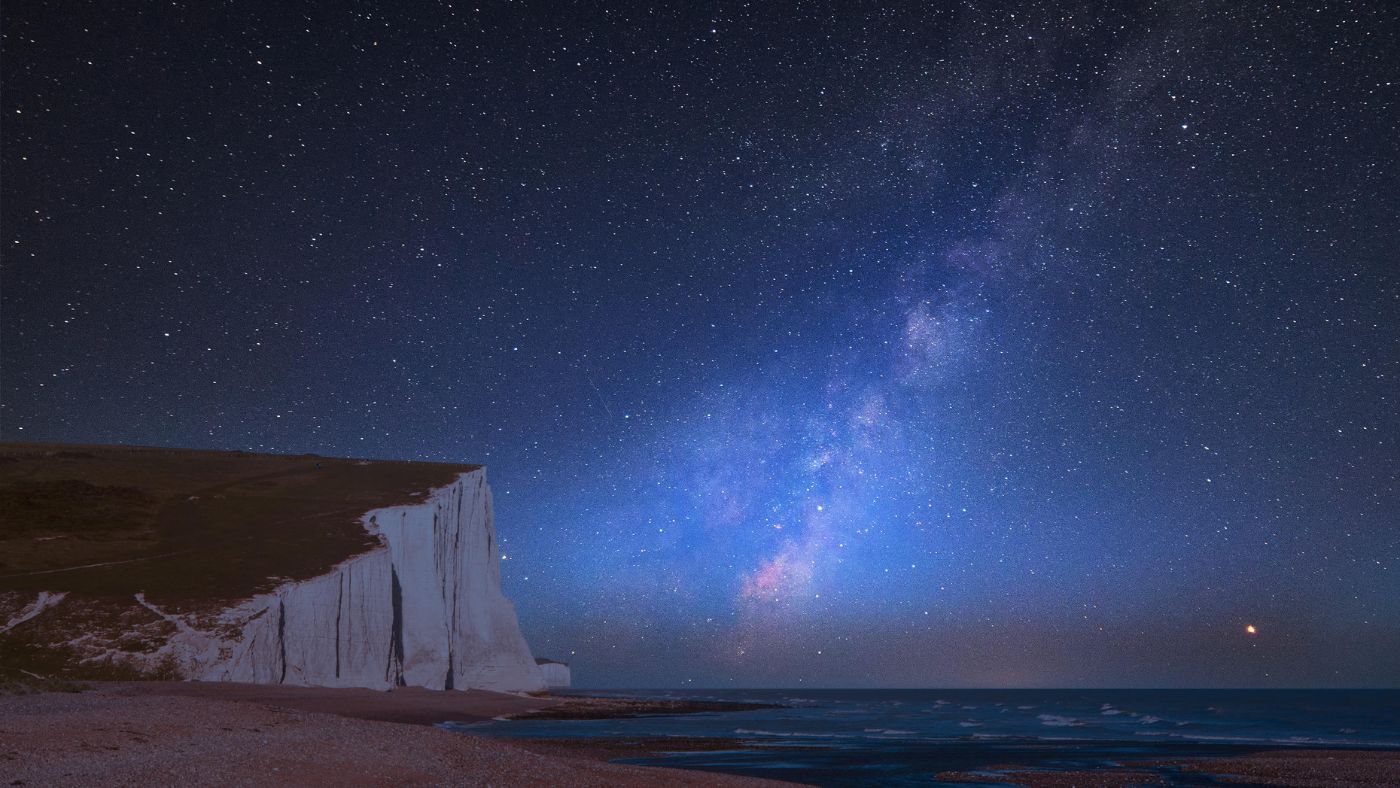
- Bannau Brycheiniog National Park (Brecon Beacons), Wales
- Cranborne Chase, Dorset/Hampshire/Wiltshire
- Eryri National Park (Snowdonia), Wales
- Exmoor National Park, Somerset/Devon
- Moore’s Reserve, South Downs, Hampshire/W Sussex/E Sussex
- North York Moors National Park and Yorkshire Dales National Park, North Yorkshire/Cumbria/Lancashire
Parks
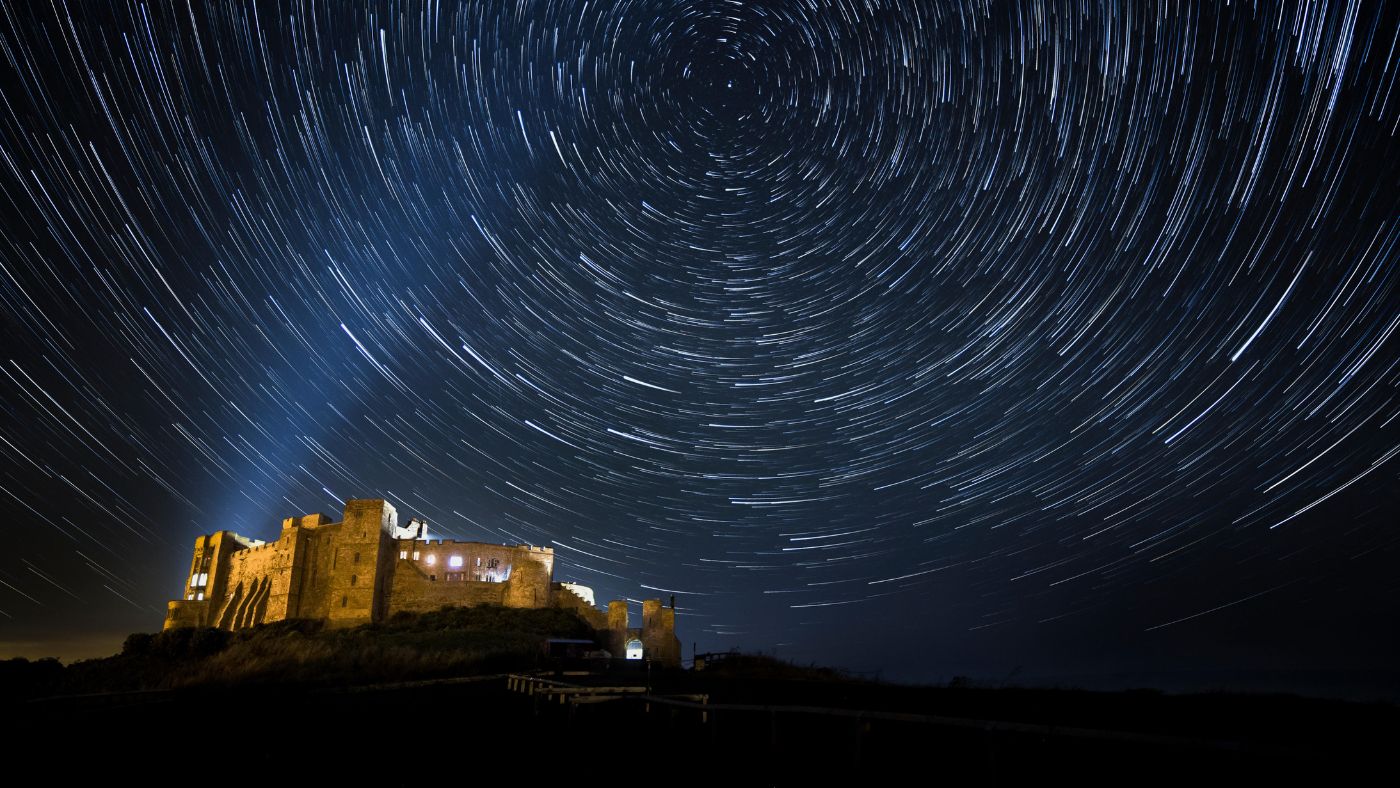
- Bodmin Moor Dark Sky Landscape, Cornwall
- Elan Valley Estate, Wales
- Galloway Forest Park, Scotland
- Northumberland National Park and Kielder Water & Forest Park, Northumberland
- OM Dark Sky Park & Observatory, Northern Ireland
- Tomintoul and Glenlivet, Cairngorms, Scotland
Communities
- Coll, Scotland
- Moffat, Scotland
- North Ronaldsay Dark Sky Island, Scotland
Dark sky events
There are plenty of astronomical events to look out for in the night sky in 2024.
International Dark Sky Week (2-8 April): A worldwide celebration night to build awareness about the harmful effects of light pollution and the importance of the global night-time environment.
Lyrid meteor shower (14-30 April, peaking on 22-23): "Not the most active meteor shower, the Lyrids can sometimes feature meteors with bright dust trails that glow for several seconds," said Royal Observatory Greenwich.
Eta Aquariid meteor shower (19 April to 28 May, peaking around 6 May with a rate of up to 50 meteors per hour): This "will appear low in the sky in the Northern Hemisphere in the early hours pre-dawn".
Perseid meteor shower (17 July to 24 August, peaking 12-13 August): This is "a highlight of many astronomers' calendars" when "at the peak you could see up to 100 meteors per hour, and you might even catch some fireballs too." It is "caused by the debris stream from the comet Swift-Tuttle (also known as the Great Comet of 1862)."
Super full Moons (18 September and 17 October): When the Moon is at its closest to Earth (perigee) and it's a full moon or new moon, it's known as a super Moon. "A full Moon at perigee will appear 14% bigger and 30% brighter than a full Moon at apogee [point furthest from Earth]."
Orionid meteor shower (peaking around the night of 21 October): This features "particularly fast meteors which can leave persistent trains".
Seven Sisters, or Pleiades: an open star cluster within the Taurus the Bull constellation, "well-placed in the night sky for observing throughout the whole of November".
Several UK National Parks will hold dark sky festivals in 2024.
- Scilly Dark Skies Week – 5 to 11 October 2024
- Exmoor Dark Skies Festival – 18 October to 13 November 2024
- North York Moors Dark Skies Fringe Festival – 25 October to 3 November 2024
- Cumbria Dark Skies Festival – October to November, dates TBC
For 2025, there are several festivals in February with dates yet to be confirmed. These include South Downs, and North York Moors and Yorkshire Dales. Welsh Dark Skies Week will also be held in February 2025.
Observatories and planetariums
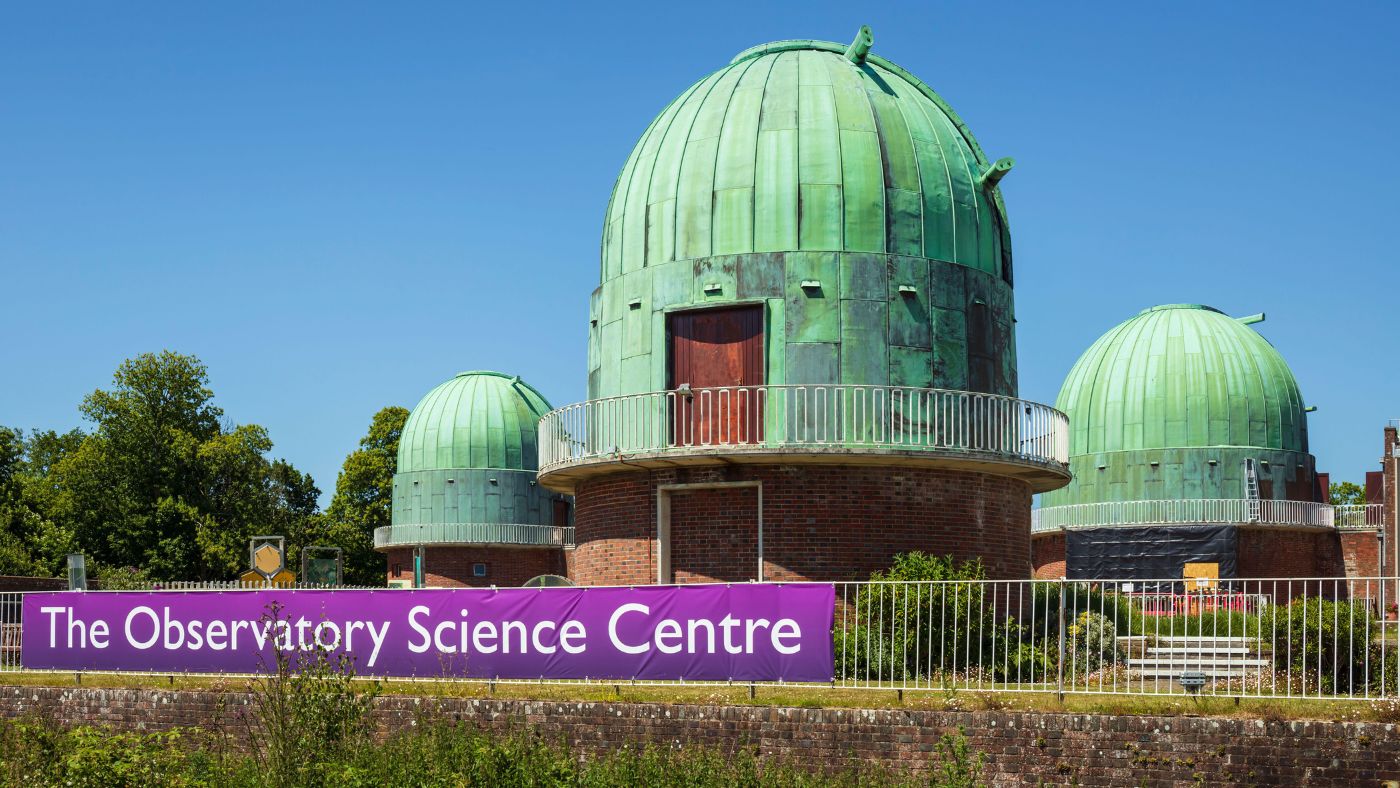
Astronomical observatories are "dotted all over the UK", said Katrin Raynor in BBC Sky at Night Magazine, "from northern Scotland to the Isles of Scilly". Not only are these "dome-shaped buildings" a place to use some "seriously large telescopes", they are a location to "enjoy talks, tours and even some astrophotography".
Located in the UK's largest international dark sky park, Kielder Observatory offers guided stargazing, photography lessons, and educational talks on topics such as cosmology and gravity, said Claire Dopson in Wanderlust. And – "if you're lucky" – you may see the Northern Lights. Other top observatories include The Spaceguard Centre in Powys, Wales; Island Planetarium on the Isle of Wight; and The Observatory Science Centre in East Sussex.
Observatories are not only found in the "deepest darkest countryside", said BBC Sky at Night Magazine, "there are quite a few situated in Britain's towns and cities". Mills Observatory in Dundee, Scotland, was the "first purpose-built public observatory" and is just one of two surviving observatories in the UK with a "papier-mâché dome", the other being Godley Observatory in Manchester.
Planetariums were first created at the start of the 20th century to "reconstruct and map the night sky as accurately as possible", said StarLust. There are around 55 planetariums in the UK, both fixed and mobile, including Liverpool's Planetarium at World Museum; Peter Harrison Planetarium at the Royal Observatory in Greenwich, London; and the Sir Patrick Moore Planetarium at the National Space Centre in Leicester. Sherwood Observatory, in Nottinghamshire, has plans to open a new planetarium in late 2024.
Mike Starling is the former digital features editor at The Week. He started his career in 2001 in Gloucestershire as a sports reporter and sub-editor and has held various roles as a writer and editor at news, travel and B2B publications. He has spoken at a number of sports business conferences and also worked as a consultant creating sports travel content for tourism boards. International experience includes spells living and working in Dubai, UAE; Brisbane, Australia; and Beirut, Lebanon.
-
 Political cartoons for February 12
Political cartoons for February 12Cartoons Thursday's political cartoons include a Pam Bondi performance, Ghislaine Maxwell on tour, and ICE detention facilities
-
 Arcadia: Tom Stoppard’s ‘masterpiece’ makes a ‘triumphant’ return
Arcadia: Tom Stoppard’s ‘masterpiece’ makes a ‘triumphant’ returnThe Week Recommends Carrie Cracknell’s revival at the Old Vic ‘grips like a thriller’
-
 My Father’s Shadow: a ‘magically nimble’ film
My Father’s Shadow: a ‘magically nimble’ filmThe Week Recommends Akinola Davies Jr’s touching and ‘tender’ tale of two brothers in 1990s Nigeria
-
 See the Northern Lights from these bucket list destinations
See the Northern Lights from these bucket list destinationsThe Week Recommends The dazzling displays can be spotted across Iceland, Sweden and parts of Canada
-
 South Korea highlights: ancient history meets modern culture
South Korea highlights: ancient history meets modern cultureThe Week Recommends From the bright lights of Seoul to Busan's beaches and the 'living museum' of Gyeongju, this tour offers a taste of a unique heritage
-
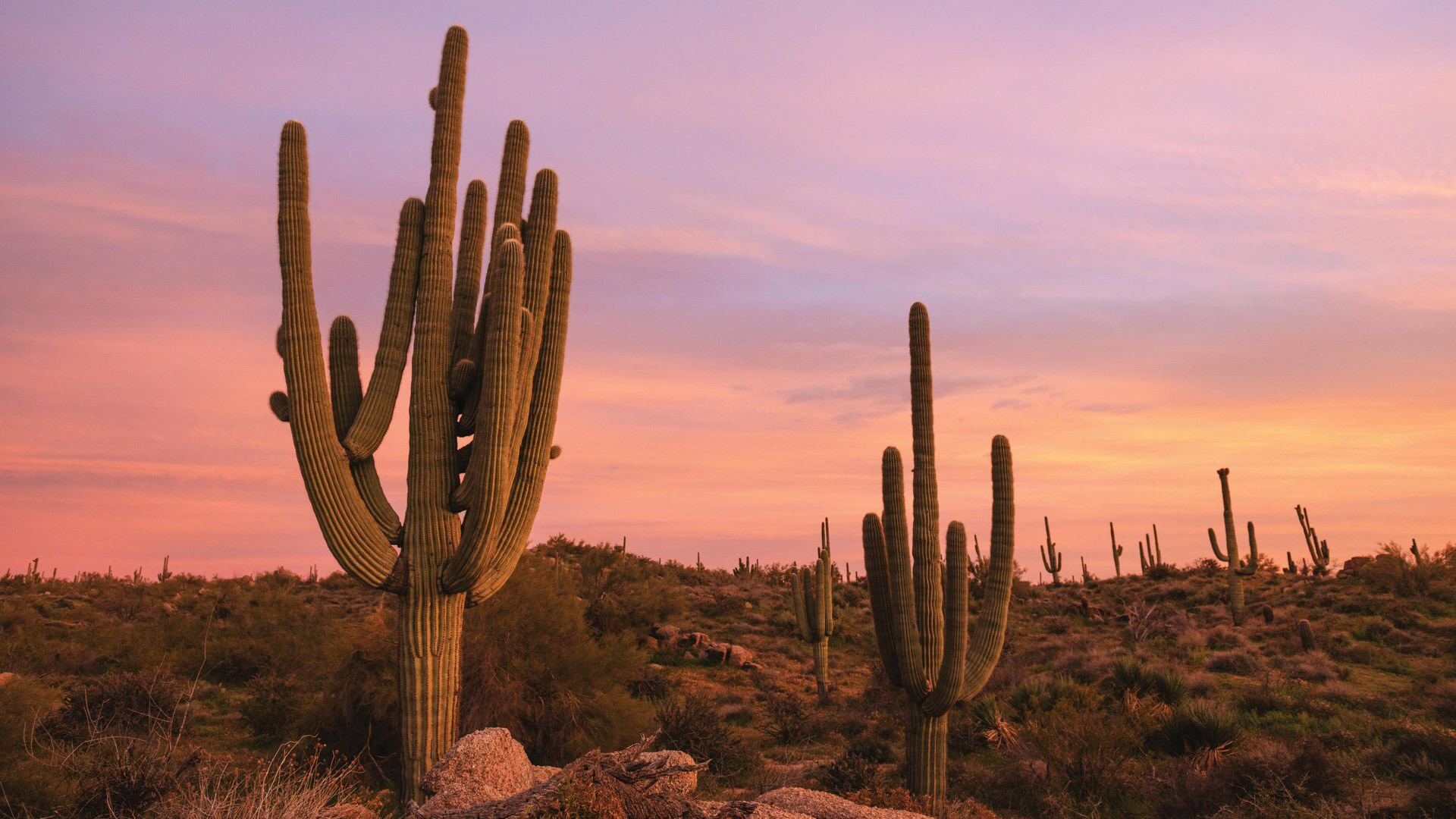 Desert wellness in Scottsdale: the best of Arizona's Old West
Desert wellness in Scottsdale: the best of Arizona's Old WestThe Week Recommends Boost body, mind and soul in this hub of healthy living
-
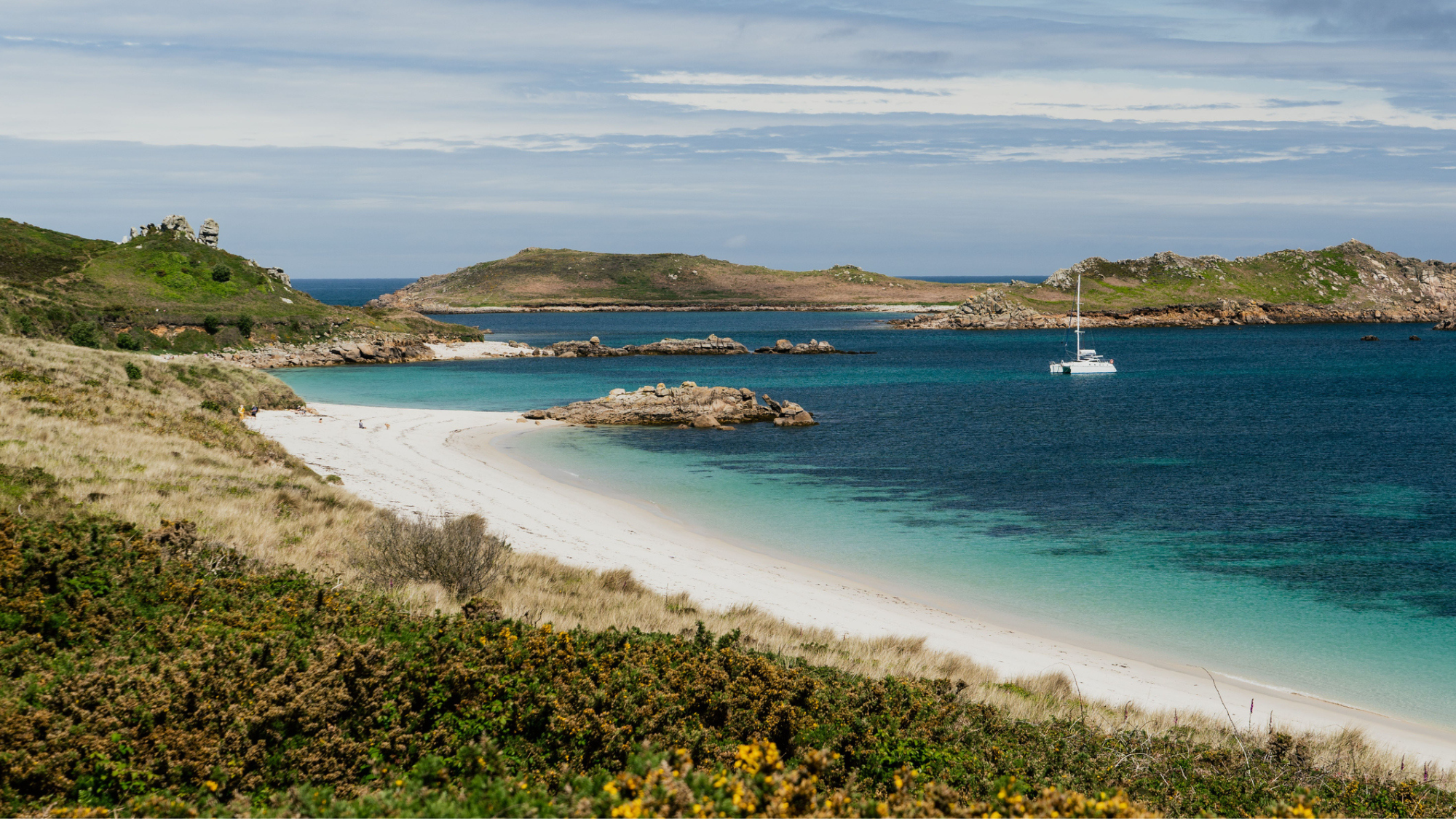 Isles of Scilly: discover the abundant joys of island life
Isles of Scilly: discover the abundant joys of island lifeThe Week Recommends Ramble, sail and feast your way around Scilly to experience a region like no other
-
 Mexico City travel guide: art and design
Mexico City travel guide: art and designThe Week Recommends Modern vibrancy, design legacy and ancient heritage puts Mexico's jewel alongside other art capitals of the world
-
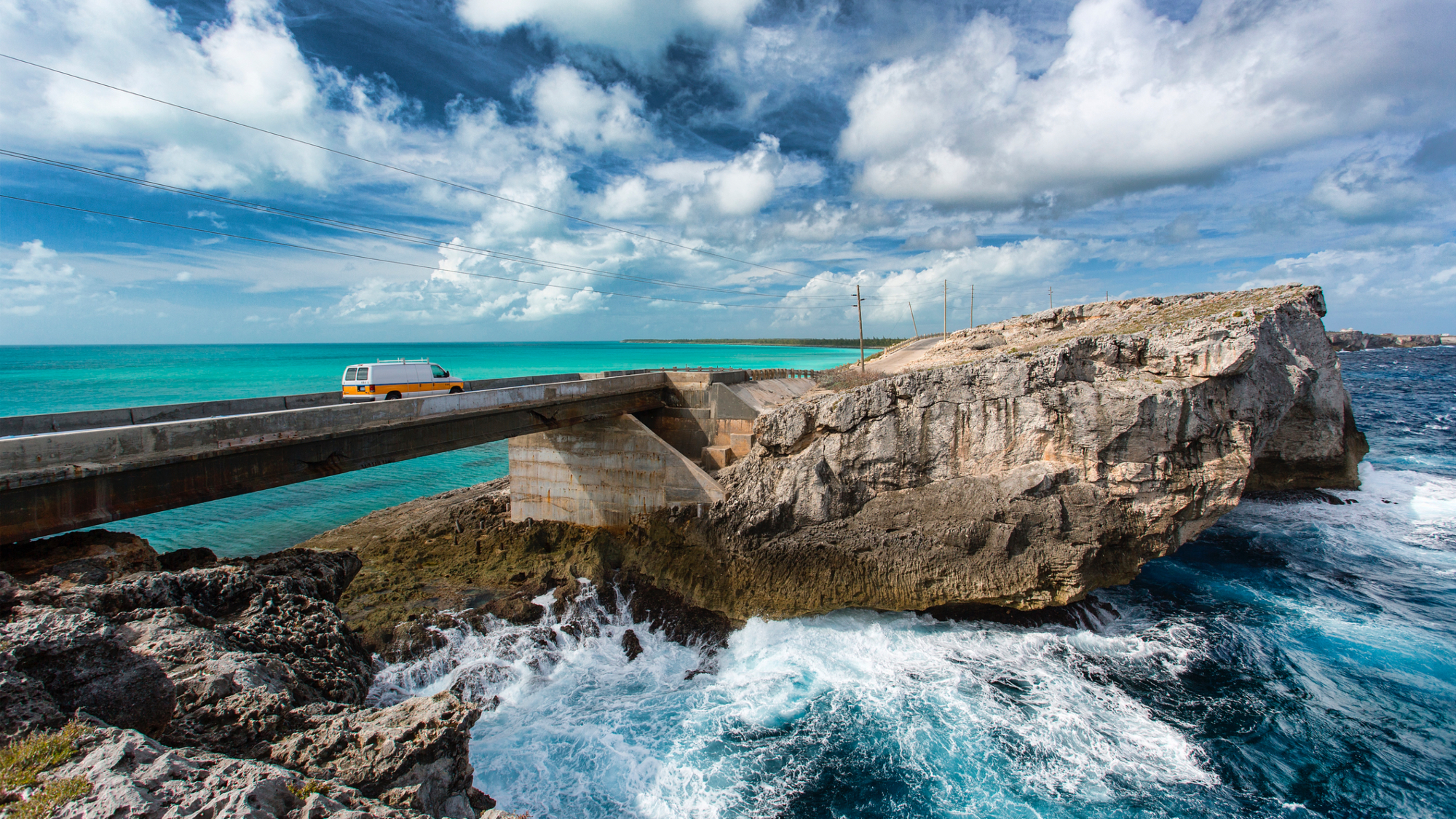 An unspoiled island in the Bahamas
An unspoiled island in the BahamasThe Week recommends Explore the natural beauty, windswept beaches and crystal-clear waters of Eleuthera
-
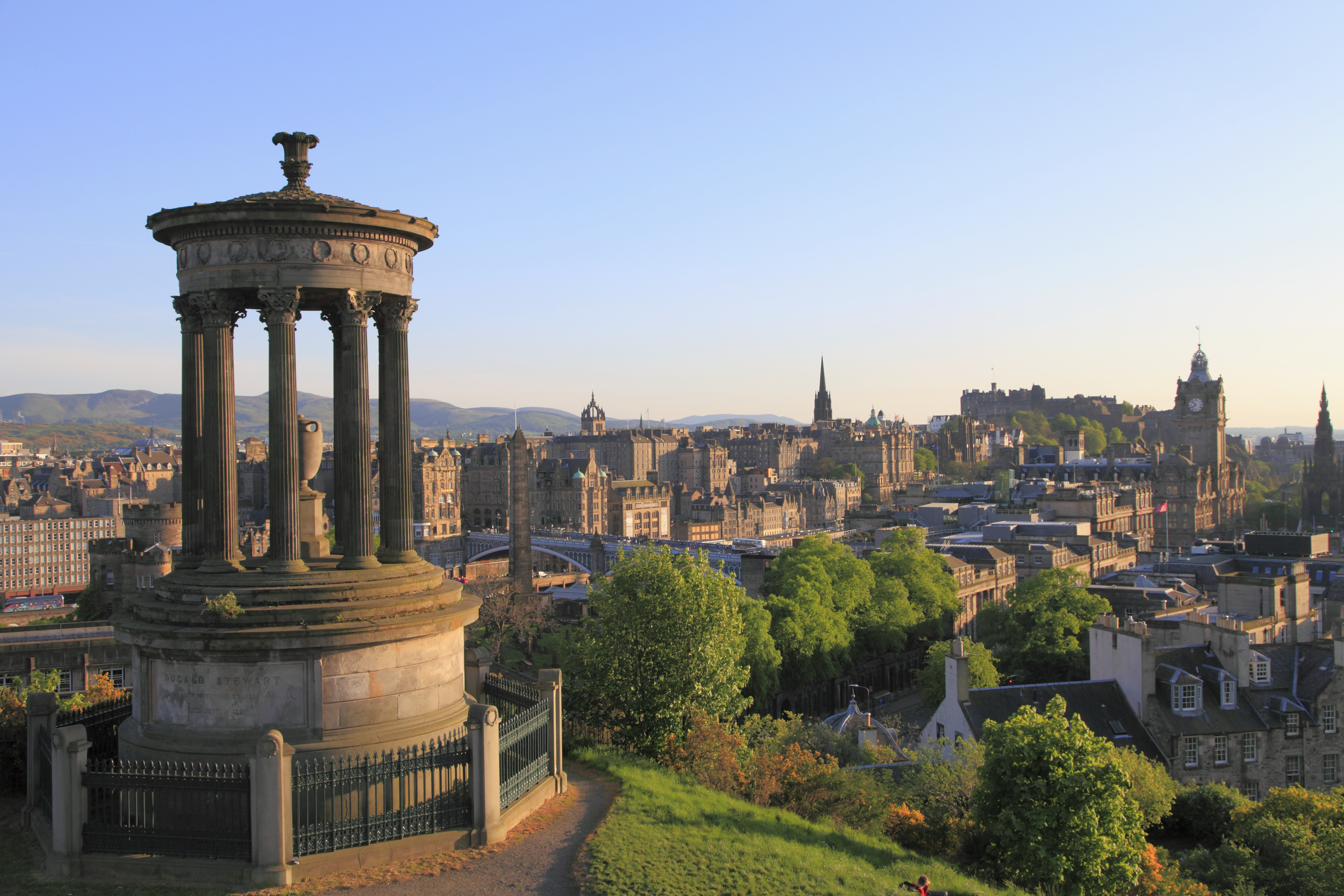 Edinburgh, Scotland: where history ambles alongside the present
Edinburgh, Scotland: where history ambles alongside the presentThe Week Recommends Plan your trip to the Scottish capital
-
 The Westbury Hotel review: stunning suites in charming Dublin
The Westbury Hotel review: stunning suites in charming DublinThe Week Recommends This hotel is the perfect spot to while away a weekend in Ireland's capital